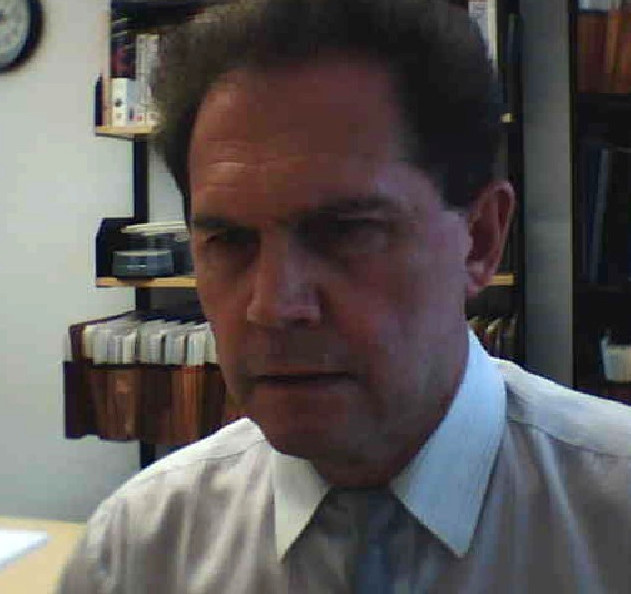Lakehead University researcher publishes experimental research on sustainable energy

Dr. Dimiter Alexandrov
October 18, 2021 – Thunder Bay, Ont.
A Lakehead University professor has published experimental research that suggests a potential new sustainable energy source could be generated using non-radioactive nuclear fusion.
Dr. Dimiter Alexandrov’s research paper, Low Energy Nuclear Fusion Reactions in Solids: Experiments, was published in the International Journal of Energy Research in June 2021.
Professor Alexandrov is the head of Lakehead’s Semiconductor Research Laboratory and teaches in Electrical Engineering. He said it might be possible to develop the technology into prototypes for real-world applications, which could help address climate change by introducing an alternative green energy source to replace fossil fuels.
“This could be a major achievement in the search for a truly sustainable energy source that does not produce carbon emissions or any radioactive waste,” Dr. Alexandrov said.
“This non-radioactive nuclear fusion technology has enormous potential as we seek clean, renewable energy solutions to replace fossil fuels.”
Replicable experiments conducted by Professor Alexandrov confirm that nuclear energy is released in the interaction of deuterium, a widely available non-radioactive hydrogen isotope, with solid matter as the recent experiments carried out show significant energy release.
“Unlike other nuclear energy sources, this technology would not generate any radioactivity or produce radioactive waste. It is scalable and has the potential to be deployed in remote communities here in Canada and across the world, and in mobile locations on land, sea, and even in space,” said Dr. Alexandrov.
Dr. Andrew P. Dean, Lakehead’s Vice-President, Research and Innovation, congratulated Dr. Alexandrov on this exciting publication.
“The search for nuclear fusion energy is one of the most significant research areas currently underway, and this experimental work is revealing some very interesting results,” Dr. Dean said.
– 30 –
Media: For more information or interviews, please contact Brandon Walker, Media, Communications and Marketing Associate, at (807) 343-8177 or mediarelations@lakeheadu.ca.
Lakehead University is a fully comprehensive university with approximately 9,700 full-time equivalent students and over 2,000 faculty and staff at two campuses in Orillia and Thunder Bay, Ontario. Lakehead has 10 faculties, including Business Administration, Education, Engineering, Graduate Studies, Health & Behavioural Sciences, Law, Natural Resources Management, the Northern Ontario School of Medicine, Science & Environmental Studies, and Social Sciences & Humanities. Lakehead University’s achievements have been recognized nationally and internationally, including being ranked, once again, among Canada’s Top 10 primarily undergraduate universities in Maclean’s 2022 University Rankings; as well as included in the top half of Times Higher Education's 2022 World Universities Rankings for the third consecutive year, and in the top 100 of 1,115 universities from around the world in THE's 2021 Impact Rankings (which assesses institutions against the United Nations’ 17 Sustainable Development Goals). Visit www.lakeheadu.ca.

